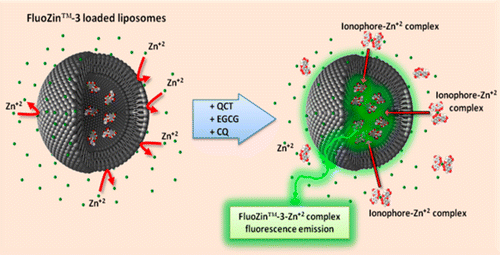This 2020 review highlighted earlier clinical data on zinc:
- “Zinc is known to modulate antiviral and antibacterial immunity and regulate inflammatory response.
- Zinc possesses anti-inflammatory activity by inhibiting NF-κB signaling and modulation of regulatory T-cell functions.
- The most critical role of zinc is demonstrated for the immune system.
- Zinc regulates proliferation, differentiation, maturation, and functioning of leukocytes and lymphocytes.
Alteration of zinc status significantly affects immune response resulting in increased susceptibility to inflammatory and infectious diseases including acquired immune deficiency syndrome, measles, malaria, tuberculosis, and pneumonia. Zinc status is associated with the prevalence of respiratory tract infections in children and adults.
In view of the high prevalence of zinc deficiency worldwide (up to 17%), its impact on population health is considered as a significant issue. Certain groups of people, including infants, especially preterm ones, and elderly, are considered to be at high risk of zinc deficiency and its adverse effects.
Zinc was shown to have a significant impact on viral infections through modulation of viral particle entry, fusion, replication, viral protein translation and further release for a number of viruses including those involved in respiratory system pathology. Increasing intracellular Zn levels through application of Zn ionophores significantly alters replication of picornavirus, the leading cause of common cold.
The results of systematic analysis confirmed the efficiency of intake of at least 75 mg/day Zn in reduction of pneumonia symptom duration but not severity, with the response being more pronounced in adults than in children.”
https://www.ncbi.nlm.nih.gov/pmc/articles/PMC7255455/ “Zinc and respiratory tract infections: Perspectives for COVID-19”
The review noted a 2014 rodent cell study which found:
“Labile zinc, a tiny fraction of total intracellular zinc that is loosely bound to proteins and easily interchangeable, modulates the activity of numerous signaling and metabolic pathways. Dietary plant polyphenols such as the flavonoids quercetin and epigallocatechin-gallate act as antioxidants and as signaling molecules. The activities of numerous enzymes that are targeted by polyphenols are dependent on zinc.
We have demonstrated the capacity of quercetin and epigallocatechin-gallate to rapidly increase labile zinc. The polyphenols transport zinc cations across the plasma membrane independently of plasma membrane zinc transporters.
The ionophore activity of dietary polyphenols may underlay the raising of labile zinc levels triggered in cells by polyphenols and thus many of their biological actions.”
https://pubs.acs.org/doi/10.1021/jf5014633 “Zinc Ionophore Activity of Quercetin and Epigallocatechin-gallate: From Hepa 1-6 Cells to a Liposome Model” (not freely available)
I get EGCG from drinking 4-5 cups of green tea every day, and 65 mg zinc from supplements. Microwave broccoli to increase flavonoid levels demonstrated 108.5% to 129.8% increases in quercetin and kaempferol levels from microwaving grocery-store broccoli. Microwaving 3-day-old broccoli sprouts may be expected to increase my worst-case calculation of daily 134 mg total flavonoids.
I’ve taken quercetin intermittently per Preliminary findings from a senolytics clinical trial. I’m changing that to take 100 mg quercetin daily.
Take responsibility for your own one precious life.
